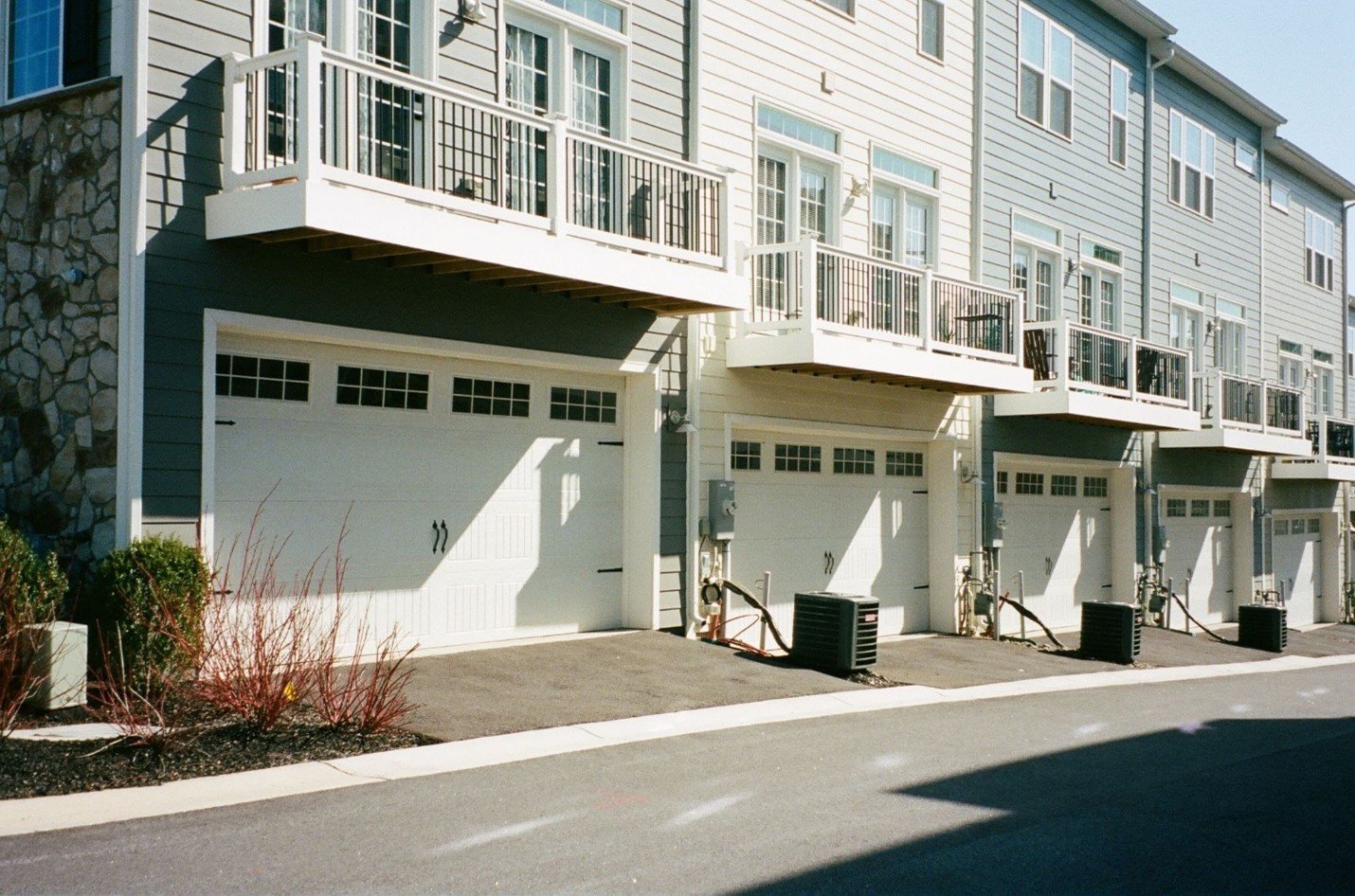Better Understand Horizontal Property Regimes
- Posted on February 23, 2022
- In Horizontal Property Regime
Tennessee's Nashville neighborhoods are witnessing an increase in dual homes on one parcel of land as the city becomes more densely populated. Particularly in Nashville, horizontal property regimes (HPRs) have become more popular.
Whether you’re new to the area or a native who’s witnessed the drastic change in dual home properties around town, you’ll find that there are many examples of new homes being built on lots that only housed one home prior. In light of the new home construction trend spike, knowing what an HPR is, how to establish one and how they impact neighborhoods may be important to you during a future property transaction. Rochford Law & Real Estate Title has compiled a list of what you need to understand about horizontal property regimes.
Here’s what you need to know:
- History of Horizontal Property Regimes
- Establishing an HPR
- Effects of an HPR’s on Your Neighborhood
- Difficulties You May Face
History of Horizontal Property Regimes
Tennessee recognizes horizontal property regimes as a property with shared ownership. The developer or co-owners of the property decide to create an HPR by recording a master deed, thus establishing the guidelines for the ownership of the HPR units. Multiple ownership can appear in many forms. HPRs can be condos, townhomes, or apartments. The concept of shared ownership occurs in the sharing of common areas such as the driveway, recreational facilities, or parking lots.
Over time, however, the situations originally addressed by the HPR statute have evolved. Nowadays, the concept of horizontal property is much broader than in the past. One of Nashville's most popular types of HPRs is called "tall and skinny" due to the unique construction of two homes built on top of one another. While these homes or complexes can look vastly different, understanding how this type of property law can affect your real estate investments or even the neighborhood in which you reside, can save you time and money in the long run.
Establishing an HPR
To establish horizontal property rights, your first step should be to consult with an experienced real estate lawyer. Without the help of a legal professional, it might be difficult for you to obtain or submit the proper documents. A master deed must be drawn by your lawyer in order to establish HPR.
The "zero lot line" horizontal property regime has become very popular in Nashville for this reason. In these instances, the real estate lawyer drafting the master deed must attach a certification that it adheres to all Tennessee state laws. HPRs can allow both homeowners to be part of one tax bill, so defining property boundaries around your complex or home will be extremely important long term.
Your real estate attorney will need to attach a diagram of the property that clearly outlines all of the following:
- The parts of the property are shared by the two proposed homes. This would normally include things like sidewalks.
- The elements of the property that are limited are common, such as yards.
- The part of the property that is private. This would generally only include what on the plot where the structures are built.
Contact Rochford Law & Real Estate Title today to learn more about your HPR.
Effects of an HPRs on Your Neighborhood
With a mixed review on the infamous "tall and skinnies," HPR established homes have generated varying reactions. In some cases, the houses chosen for a future HPR were older homes that were not well maintained. While some neighbors appreciate the updates as HPRs can help raise their property value, others might feel differently. From hating the look of these modernized homes, to feeling a loss of the authentic, historic vibe of the area, HPRs can affect neighborhoods differently.
In this regard, HPRs can often be accompanied by an increase in neighboring property taxes as well. It should be noted, however, that building more of these properties has shown great benefits for the city in terms of tax revenue. An increase in tax revenue can allow the city to do more for its neighborhoods on an institutional level. With that in mind, HPR’s tend to generate both positive and negative thoughts in the eyes of the neighbors surrounding them.
Difficulties You May Face
For people who eventually buy a home on a common lot, questions of ownership can be a challenge. The ownership of the dirt beneath your house can have a major impact on your tax and insurance obligations. Often, these implications are difficult to grasp. The logistics of building an HPR, such as locating utilities, can be challenging. Furthermore, constricting property lines can sometimes cause encroachments.
Unless you have mediation skills, it may be difficult to resolve conflicts in these situations. Condo buildings typically have the infrastructure to handle such problems, whereas properties with two buildings don't have anyone to turn to. A legal mediator or a trusted real estate attorney are often able to resolve these challenges, making owning your HPR property much easier.
Contact Rochford Law & Real Estate Title
A real estate attorney can help mitigate risks within the development process of a horizontal property regime. From master deed filing, to zoning approval, renegotiated contracts and more, a real estate attorney can help with any challenging scenarios that come up with an HPR property transaction.
Contact Rochford Law & Real Estate Title today!
Subscribe for Updates
Latest Posts
- Title Issues in Tennessee: Common Problems and How They’re Cleared
- Common Commercial Lease Red Flags (and How to Negotiate Them)
- Commercial Purchase and Sale Agreements – How a Real Estate Attorney Can Protect Your Transaction
- When Do You Need a Nashville Probate Lawyer? 8 Common Scenarios
- Commercial Leases – Important Considerations



